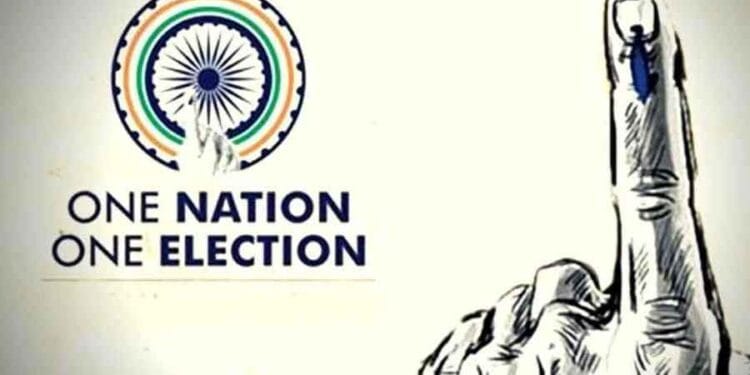Elections are the cornerstone of democracy, providing citizens with the opportunity to choose their leaders and shape the direction of their government. From local council races to national presidential elections, the electoral process plays a crucial role in determining the future of a country. In this article, we’ll explore the significance of elections, how they work, and why they matter.
Types of Elections: From Local to National
Elections come in various forms, each serving a different purpose within the democratic system. At the local level, voters elect officials such as mayors, city council members, and school board representatives. These elections impact issues that directly affect communities, such as infrastructure, education, and public safety. Moving up to the state and national levels, elections determine the makeup of legislative bodies like state legislatures and the U.S. Congress, as well as the executive branch, including governors and the president.
The Electoral Process: From Registration to Casting Your Vote
The electoral process involves several key steps, beginning with voter registration. Eligible individuals must register to vote before they can participate in elections. Once registered, voters have the opportunity to learn about the candidates and their platforms before casting their ballots. On Election Day (or during early voting periods), voters visit polling places to vote for their preferred candidates. In some cases, voters may also have the option to vote by mail or participate in absentee balloting.
Campaigning and Political Strategy: Winning Hearts and Votes
Elections are not just about casting votes—they’re also about persuading voters to support a particular candidate or cause. Political campaigns play a vital role in this process, with candidates and their supporters engaging in various tactics to win over voters. These tactics may include holding rallies and town hall meetings, running television and online advertisements, and canvassing neighborhoods to talk to voters directly. Effective campaign strategies can make all the difference in a candidate’s chances of success on Election Day.
Voter Turnout: Encouraging Civic Engagement
One of the key indicators of a healthy democracy is voter turnout—the percentage of eligible voters who cast ballots in an election. High voter turnout signals a strong level of civic engagement and a widespread belief in the importance of participating in the democratic process. However, voter turnout can vary widely depending on factors such as the competitiveness of races, the accessibility of polling places, and efforts to encourage voter participation through voter education and outreach initiatives.
The Role of Election Integrity: Ensuring Fair and Transparent Elections
Ensuring the integrity of the electoral process is essential for maintaining public trust and confidence in elections. Measures to safeguard election integrity may include implementing voter ID laws to prevent fraud, securing electronic voting systems against cyber threats, and conducting audits and recounts to verify the accuracy of election results. By upholding high standards of transparency and accountability, election officials can help ensure that elections are conducted fairly and accurately.
Conclusion: Exercising Your Right to Vote
In conclusion, elections are a fundamental aspect of democracy, providing citizens with the opportunity to have a say in the governance of their communities, states, and countries. By participating in elections, we can help shape the policies and decisions that affect our lives and the lives of future generations. So, whether it’s voting in local elections, midterm elections, or presidential elections, let’s all exercise our right to vote and make our voices heard in the democratic process.

































































